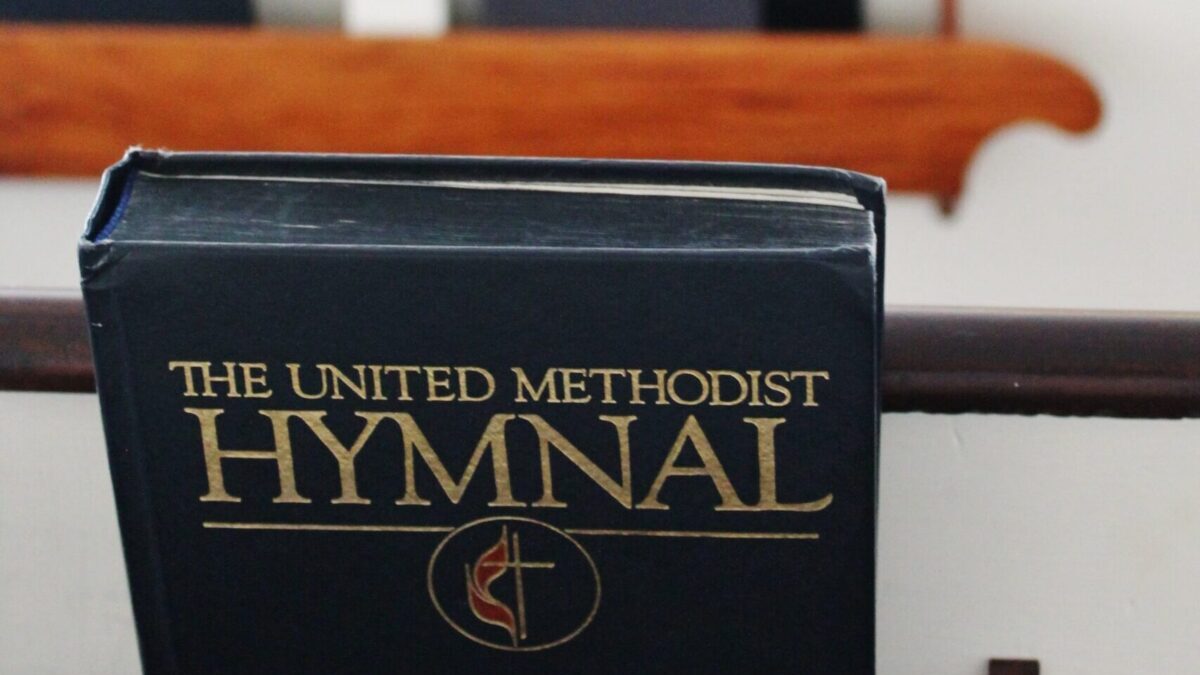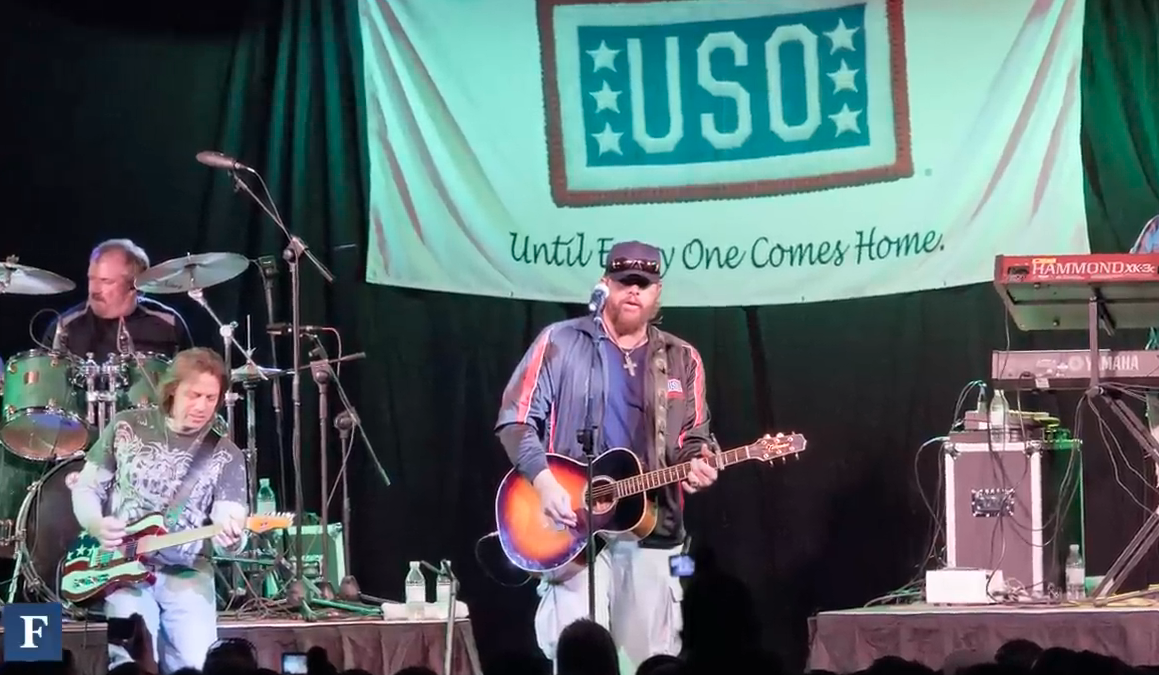We are often tossed and driven on the restless sea of time
Somber skies and howling tempests oft succeed a bright sunshine
In the land of perfect day when the mists have rolled away
We will understand it better by and by
By and by, when the morning comes
When the saints of God are gathered home
We will tell the story of how we’ve overcome
For we’ll understand it better by and by
Charles Albert Tindley’s life — and his hymns, like that above — tell the story of how he overcame restless seas, howling tempests, and trials “dark on every hand” to embody a deep abiding faith in God and his Word, knowing that the tumultuous storm will pass, Hallelujah.
Courage my soul, and let us journey on
Though the night is dark, it won’t be very long
Thanks be to God, the morning light appears
And the storm is passing over, Hallelujah
Born into extreme poverty, forced to work at a young age, and denied an education, Tindley overcame when the stars disappeared. He became a pastor serving the largest African American United Methodist Church on the East Coast, with more than 10,000 members of many nations and races. He left a lasting legacy in song, as the grandfather of gospel music.
His song “I’ve Overcome” is considered by scholars to be the basis of the popular civil rights anthem “We Shall Overcome.”
Tindley’s childhood began on the eastern shore of Maryland. He was born in the town of Berlin on July 7, 1851, the child of an enslaved father, Albert Tindley, and a free black mother, Hester Miller Tindley. Because of slave codes, Charles was born free because his mother was free.
But his mother died when he was just four years old, and his father was impoverished, putting his son to work at a young age to survive. His mother and aunt had taught him to love the Lord, but his master never allowed him to go to church and threatened him with a whip.
“It therefore became my lot to be ‘hired out,’ wherever father could place me. The people with whom I lived were not all good. Some of them were very cruel to me. I was not permitted to have a book or go to church,” Tindley wrote in his “Book of Sermons” in 1932.
We are often destitute of the things that life demands
Want of food and want of shelter, thirsty hills and barren lands
We are trusting in the Lord and according to his Word
We’ll understand it better by and by.
Despite never attending school, Tindley taught himself to read and write, as his son Elbert T. Tindley wrote in his 1942 book about his father’s life, “The Prince of Colored Preachers.”
I used to find bits of newspaper on the roadside and put them in my bosom (for I had no pockets), in order to study the ABC’s from them. During the day I would gather pine knots, and when the people were asleep at night I would light these pine knots, and, lying flat on my stomach to prevent being seen by any one who might still be about, would, with fire-coals, mark all the words I could make out on these bits of newspaper. I continued in this way, and without any teacher, until I could read the Bible without stopping to spell the words.
Married at 17, Tindley and his young wife Daisy moved to Philadelphia in 1868. They had eight children, but buried two daughters.
In the midst of tribulation, stand by me
When the hosts of hell assail and my strength begins to fail
Thou who never lost a battle, stand by me
To support his family, Tindley worked as a hod carrier supplying materials to brick masons on construction sites. He was also a janitor at Bainbridge Methodist Episcopal Church, studying at night with correspondence courses from the Boston School of Theology and with a local rabbi tutoring him in Hebrew.
In 1885, Tindley signed up to take the examination for admission into the ministry. At the time of the exam, another candidate, a black college graduate, contemptuously asked Tindley, “How do you expect to pass this examination? I and other candidates hold diplomas in our hands. What do you hold?”
“Nothing but a broom,” said Tindley, who had just finished sweeping.
Tindley passed the examination with the second-highest score in the class. He was then assigned as an itinerant preacher, serving parishes in coastal towns in Delaware, New Jersey, and Maryland. Methodist ministers who were newly ordained often got moved every few years. He was 6’2” and became known as “the tall, lanky, silver-tongued pulpit orator,” his son Elbert wrote.
In 1905, Rev. Tindley was called back to Bainbridge United Methodist Church in Philadelphia — the very church where he had started as a janitor. The congregation’s reaction to their new pastor was recorded in their 150th-anniversary journal:
All were pleasantly surprised, for as Tindley mounted the rostrum, wearing a Prince Albert Coat — then the garb of many African American Protestant preachers — he had a dignified bearing acquired during his previous appointments. They were further surprised when Tindley delivered a masterful, soul gripping sermon that brought loud Amens and ‘praise God’ exclamations from his listeners.
The congregation of 120 soon grew under Tindley’s leadership, eventually moving to larger sanctuaries to meet the needs of a growing congregation. A new building was erected at Broad and Fitzwater Streets in 1924 and, in spite of his protests, the church was named the Tindley Temple Methodist Church. There he preached three services each Sunday to the 3,200-capacity sanctuary, a congregation of blacks, whites, and immigrants from many nations.
Tindley Temple United Methodist Church broke two racial barriers: It was one of the very few multiracial churches in the nation and it was the first black church to own property on a main street — Broad — in Philadelphia. Its multi-million-dollar building, built from 1925 to 1928, is recognized on the National Register of Historic Places for its beaux arts, Romanesque, and art deco architectural styles.
His ministry extended beyond the church doors, as he was a leader in the south Philadelphia black community who suffered deeply in the Depression, as well as from discrimination and violence. Under Tindley’s leadership, the church used its business relationships and resources to train and place African Americans in new positions, also feeding more than 500 hungry men and women daily in the church basement.
Tindley advised church members to start businesses such as restaurants and barber shops and to save their money to purchase homes. The church formed the East Calvary Building and Loan Association to offer mortgages and evening job training classes to church members and new migrants from the South.
Having grown up among the enslaved, Tindley also clearly recognized the evils of slavery, segregation, and discrimination. In 1915, Tindley and others, including local black pastor Rev. Wesley Graham, led protesters in a march to protest D.W. Griffith’s film “The Birth of a Nation,” the epic silent film that glorified the Confederacy, vilified African Americans, and inspired the rebirth of the Ku Klux Klan.
Whites attacked the marchers with clubs, sticks, and bottles. Graham was hospitalized.
In the midst of tribulation, stand by me
When the hosts of hell assail and my strength begins to fail
Thou who never lost a battle, stand by me
Rev. Tindley’s lasting legacy are his hymns, which tell the story of overcoming hardships and trials through enduring faith in Jesus Christ, using biblical themes and life experiences that remind singers of Christ’s power over worldly woes.
In 1901, C. Austin Miles, who composed “In the Garden,” published eight of Tindley’s songs in his “New Songs of the Gospel.” Over the next 25 years, Tindley published 34 additional songs; he was the first hymn writer to have a hymn copyrighted.
In the modern era, Tindley’s hymns — and his influence on black gospel music — were highlighted in the hymnal “Songs of Zion,” called “the most groundbreaking collection of African-American song in the last half of the 20th century.” Published by Abingdon Press in 1980, “Songs of Zion,” which included 16 hymns by Tindley, sold more than 1.2 million copies and included essays by renowned music scholar J. Jefferson Cleveland, who recognized Tindley’s gift.
“Music has always been an integral part of the Black church worship experience and in the beginning of the 20th century was the emergence of Blacks as prolific hymn writers, called gospel hymns,” wrote Cleveland in the essay, “A Historical Account of the Hymn in the Black Worship Experience.”
Without a doubt, the renowned Dr. Charles Albert Tindley was the most prolific of the black hymn writers, whose music written primarily from 1900-1906 became popular after World War I. It was Tindley’s music that inspired the famous gospel songwriter Dr. Thomas A. Dorsey to forsake vaudeville and blues and write religious music exclusively.
Tindley’s gospel hymns, which leaned heavily on black spirituals, were “an entirely new genre,” Cleveland wrote. “Tindley incorporated folk images, proverbs and biblical stories in songs that had a universal appeal.”
A host of musicians owe a debt to Charles Tindley — hymns still sung in gospel music venues and appearing in Protestant hymnals. “Stand By Me” is one of the most popular of his gospel hymns, which he wrote in 1905. It was popularized by Elvis Presley, while also sung as the blues by Josephine James and as folk by Bob Dylan.
Tindley’s sons once asked their father to what he attributed his success. Tindley answered quickly. “On my knees.” Tindley was known to rise at 4a.m. each morning to spend time in his study singing and praying.
Of all the hymns he wrote, Tindley’s favorite was “I Have Found at Last a Saviour,” which captures the heart of his faith, while giving a nod to the age-old hymn “Rock of Ages,” written in 1776.
Christ is now my sum of pleasure,
Counting all things else but dross,
I have found my richest treasure,
Around the sacred Cross:
My soul is satisfied,
Forever to abide
In Thy cleft, O Rock of Ages,
Where no harm can e’er betide.
Tindley died in 1933 at the age of 82, and his obituary was written up in several major newspapers, which noted his influence across racial lines: “Dr. Tindley was the pastor of the largest Negro congregation in the United States, one which frequently overflowed services at the church. It numbered more than 10,000 members. He was the author of many hymns, and many of his lectures were delivered to audiences not of his race.”
As a saint gathered home, Tindley’s stories continue to tell us how to overcome.
Trials dark on every hand and we cannot understand.
All the ways that God would lead us to that blessed Promised Land
But he guides us with His eye and we’ll follow ’til we die
And we’ll understand it better by and by.
By and by when the morning comes.
When the saints of God are gathered home
We will tell the story of how we’ve overcome
For we’ll understand it better by and by









